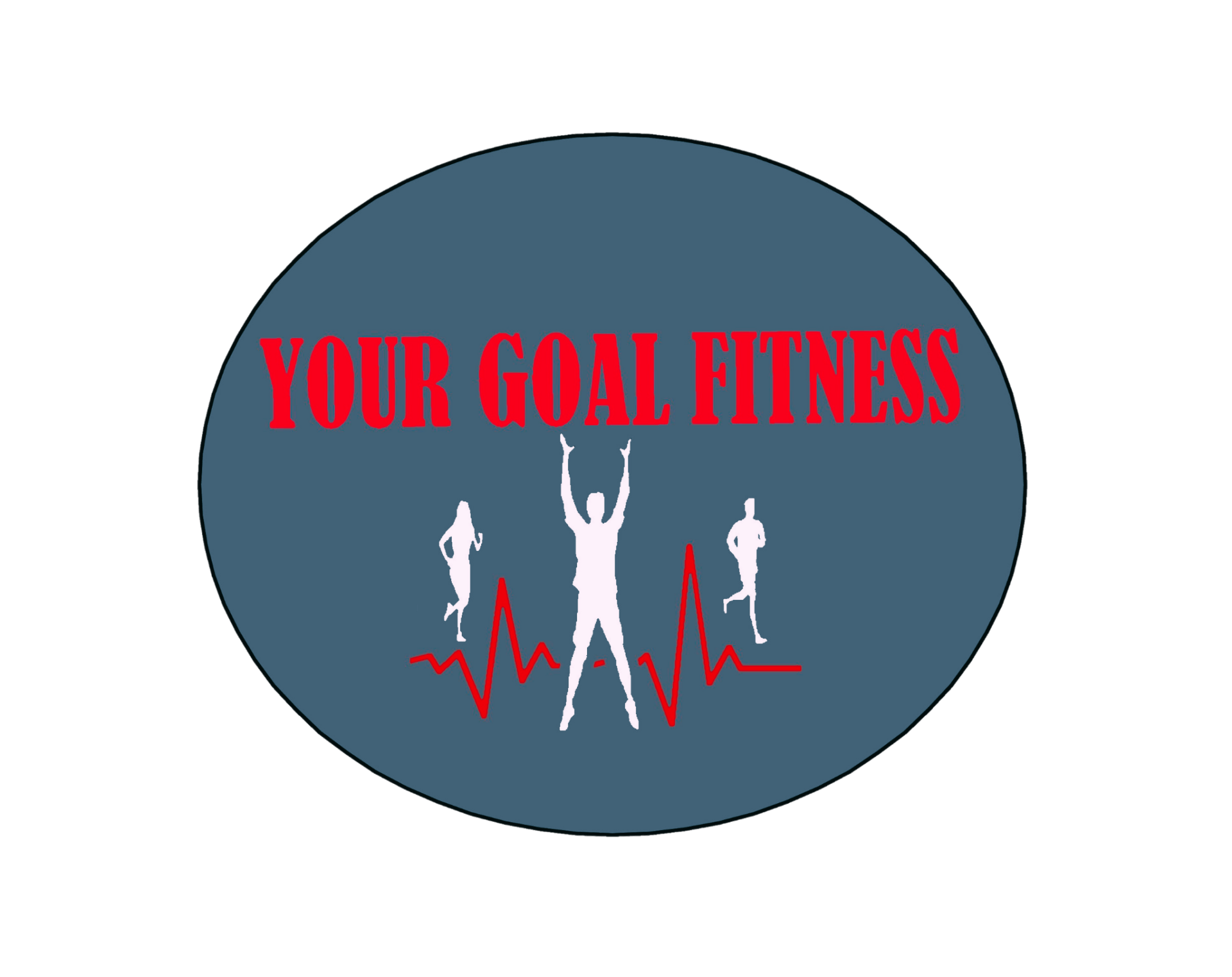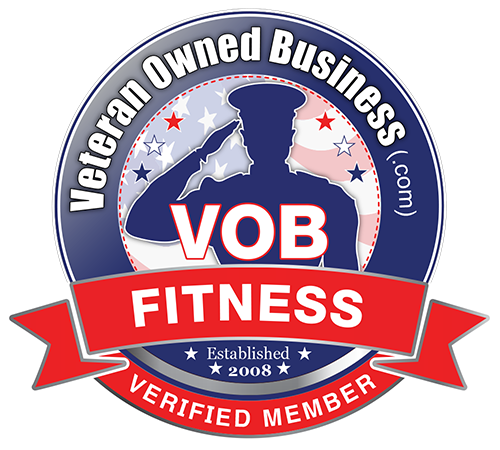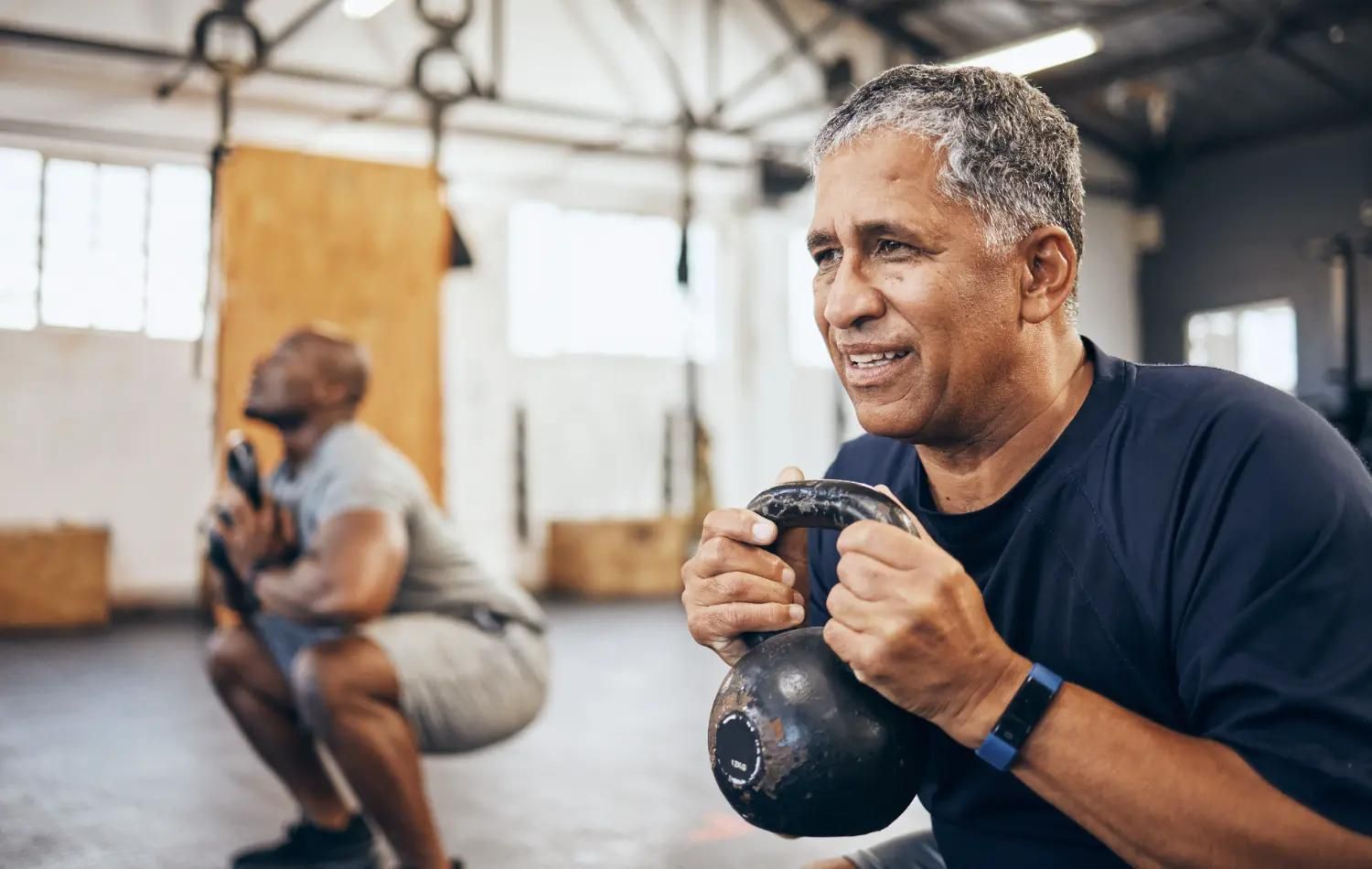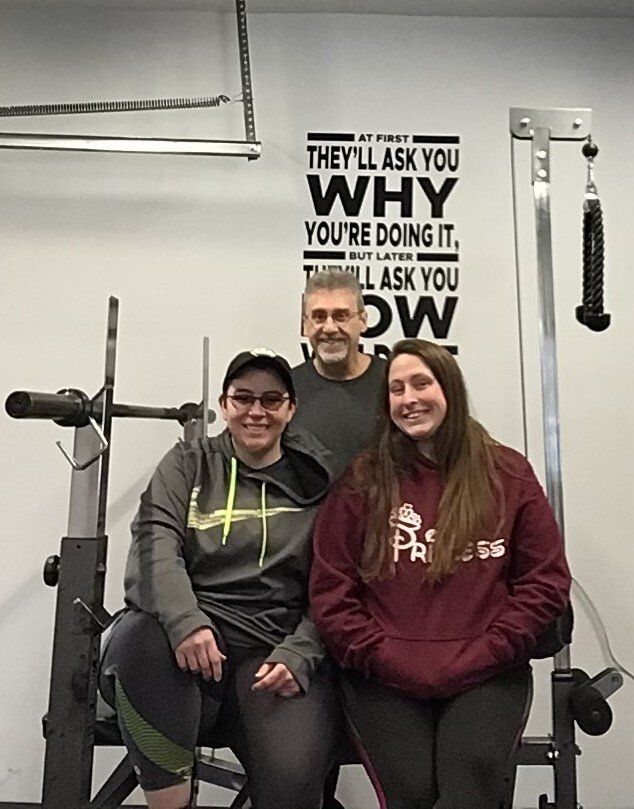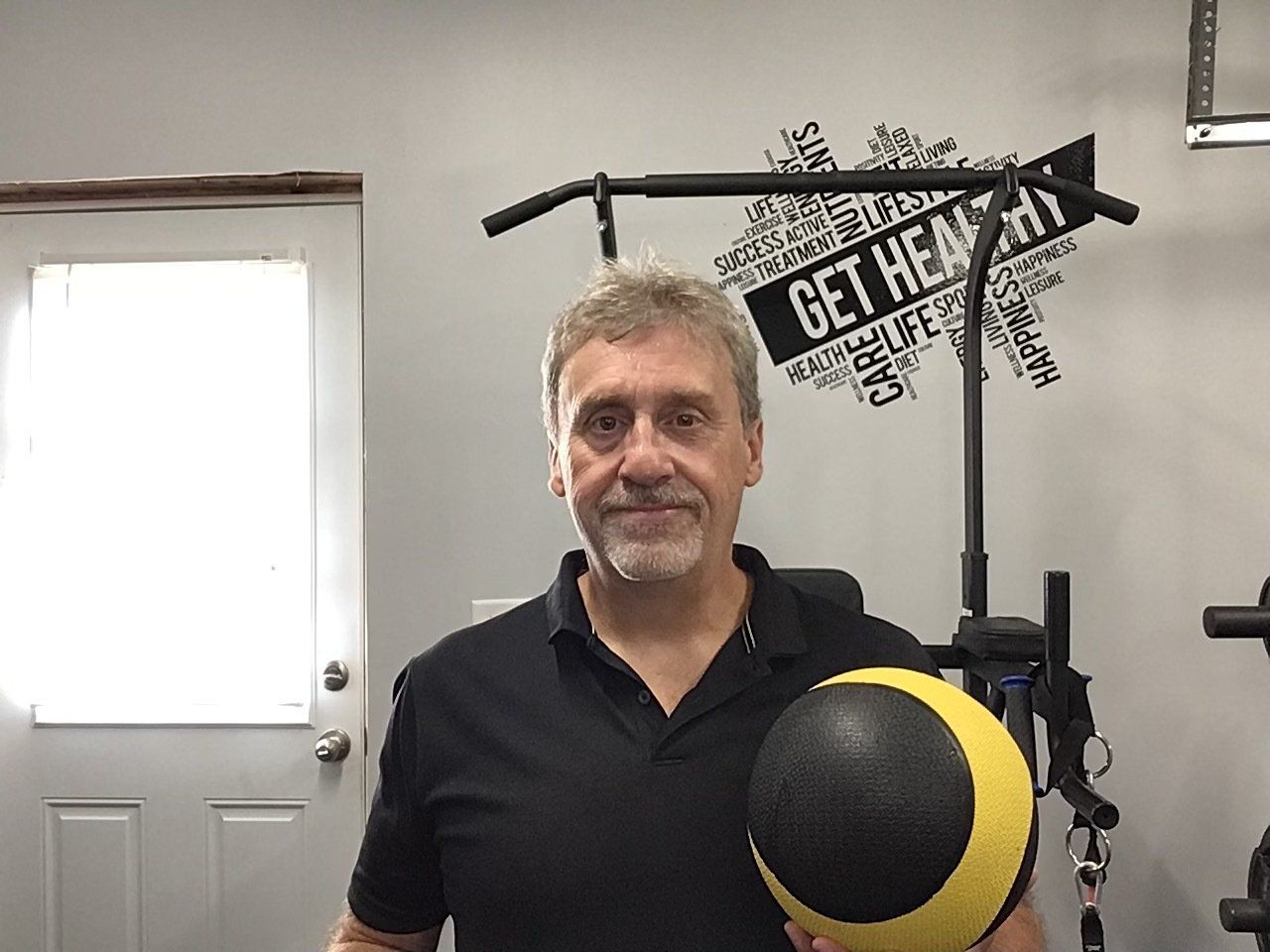Adaptive Fitness is an important component of overall health and fitness. It can help individuals maintain their health and fitness while they age and as they experience changes in their life.
Here are some reasons to make Adaptive Fitness part of your regular routine regardless of physical limitations.
What is Adaptive Fitness?
Adaptive fitness or Medfit is a type of physical fitness program that adjusts to the individual user’s needs, goals, and limitations. This type of fitness program is designed to help individuals who have different levels of ability, which allows them to participate in activities and achieve their fitness goals. Adaptive fitness is a versatile fitness program that provides individuals with a personalized workout that can be tailored to their needs.
Adaptive fitness can help individuals with a variety of disabilities. Adaptive fitness can help people with mobility disabilities, cerebral palsy, multiple sclerosis, and other conditions. Adaptive fitness can also help people with heart disease, asthma, and other chronic conditions. Adaptive fitness can help people of all ages and abilities.
Adaptive fitness can be used in a variety of settings, including at home, in a gym, or at a rehabilitation facility. Adaptive fitness can be used by individuals of all ages and abilities. Adaptive fitness can help individuals of all levels of fitness.
How does Adaptive Fitness help individuals maintain their health and well-being?
Adaptive Fitness is an important component of overall health and fitness. It can help individuals maintain their health and fitness while they age and as they experience changes in their life. Adaptive Fitness can help individuals stay active and improve their balance, coordination and strength. Adaptive Fitness also helps individuals maintain their fitness level as they experience injuries.
What are the benefits of Adaptive Fitness?
There are many benefits to adaptive fitness. Adaptive fitness is a type of fitness that is designed to meet the needs of people with various disabilities. Adaptive fitness can help people with physical disabilities, cognitive disabilities, and developmental disabilities. Adaptive fitness can help people with disabilities stay active and improve their mobility. Adaptive fitness can also help people with disabilities reduce their risk of developing chronic health conditions. Adaptive fitness can also help people with disabilities maintain their quality of life.
How can Adaptive Fitness be incorporated into a person's everyday life?
Medfit is an amazing way to incorporate fitness into someone's life. It is simple to use and can be integrated into any routine. Adaptive fitness can be used to improve overall health and fitness, as well as help with stress and anxiety. It can be a great way to get started on a healthy lifestyle and can help to improve overall well-being.
What are the challenges associated with incorporating Adaptive Fitness into a person's life?
Adaptive fitness is an umbrella term that refers to any fitness program that is specifically designed to accommodate individuals with disabilities. Adaptive fitness can be a challenge for a variety of reasons. Adaptive fitness is a specialty for Personal trainers and considered an advanced certification.
First, Adaptive fitness requires an individual to think outside the box when it comes to how to workout. Many adaptive fitness programs rely on exercises that are modified or adapted to account for an individual’s disabilities. For example, an individual with a mobility disability may need to use a mobility cane or wheelchair to complete certain exercises.
Second, Adaptive fitness can be a challenge to maintain over time. Many adaptive fitness programs are designed to be flexible, which means that the individual’s progress can be slowed down by anything from injury to job changes.
Finally, Adaptive fitness can be a challenge to find. Many people with disabilities don’t know about or don’t feel comfortable participating in adaptive fitness programs. This is especially true for people not familiar with exercising or collaborating with a Personal Trainer.
Conclusion
Adaptive fitness can help people with disabilities or chronic conditions:
• Maintain or improve their fitness level
• Reduce their risk of injury
• Improve their overall mobility
• Increase their confidence and self-esteem
Adaptive fitness can be done in a variety of settings, including at home, in a gym, or outdoors. There are a variety of adaptive fitness programs available, and each program is designed to meet the needs of different individuals.
